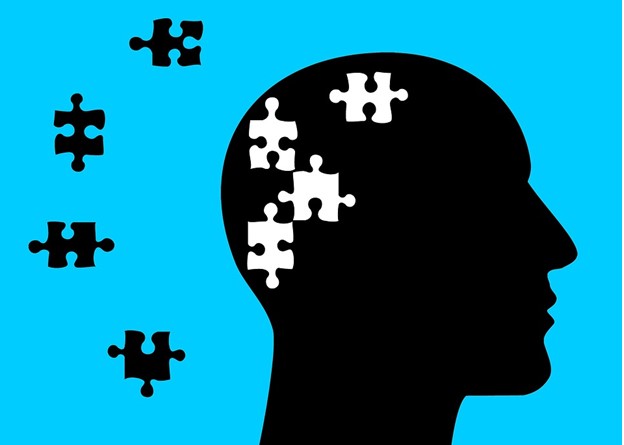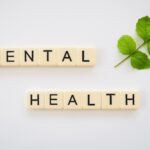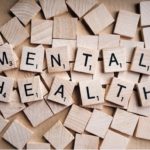Nothing matters to you more than your family, and naturally you worry about them. Maybe you worry that your spouse or your children are unhappy or stressed. Maybe you’re concerned about substance abuse problems or obsessive tendencies. All of these things come back to mental health.
Mental health is more important than many of us realize. It affects virtually every aspect of our lives, yet we don’t do as much to care for it as we do for our physical health. We should treat several disturbing mental health factors, including anxiety, panic attacks, social phobia, Obsessive-compulsive disorder, etc.But you can change that in your family. Here’s what you need to know about caring for your entire family’s mental health — and your own, too.
Encouraging healthy habits
We know what makes our bodies healthy: exercise and good nutrition. We also know that these same things help our mental health enormously. Really, the distinction between mental and physical health is a myth — the boundaries are just things that exist at the limits of our medical knowledge.
Since we know what we should be doing, we know what our children and other family members should be doing, too. So we need to lead by example and do other things to encourage healthy habits. Healthy family meals are a great place to start. So are active outdoor family activities.
Happily, many of the things that make our families healthier also bring us together — and strong family ties are great for mental health, too.
Taking breaks and trips (and taking them together)
Here’s one healthy habit that you should focus on: knowing when to take breaks.
School- or work-life balance matters to our mental health, and we’re still learning more about just how important it is. Studies show that vacations are healthy for our bodies and minds, and that taking a break helps us return to work or school refreshed. And keep certain spaces away from work or schoolwork, or you’ll have trouble relaxing and you’ll risk burnout.
So make the decision to enforce this balance in your family. Make sure homework is done on time, but not completed in bed. And take vacations! Head down to Florida for a week on the beach, and connect with your family while you recharge.
If you can make your vacation active, so much the better. Exercise is good for our mental health, and there are lots of ways to move around on vacation — even if you’re planning a resort-centric beach trip, say experts who offer kayak rentals near West Palm Beach. So go move around!
Getting professional help
Perhaps it’s just intuitive, or perhaps it’s more conscious, but most of us know that we should eat right and take vacations (even if we sometimes fail to follow through). We know that communication is key, especially for struggling children and teens, so we at least try to make things work on that front, too.
But far too many families skip another important part of the equation: professional help. If you think you or anyone in your family is suffering from any kind of mental health issue, large or small, be sure to turn to a psychiatrist, psychologist, or other mental health professional. It is important to find a mental health treatment for adolescents in order for them to cope with the challenges that it brings.
Don’t expect each member of your family to seek this help on their own, especially your children. There are a lot of great mental health treatment options for children and teens, say the experts who run Polaris Teen residential programs.
From counseling to inpatient rehab, from depression and anxiety treatment plans to substance abuse programs (and approaches that tackle multiple related issues), there are a lot of ways to care for your child. But you need to take action as a family to get to those treatment options. Most people fear getting treated for mental health issues because of the stigma surrounding it, that is why people are often reluctant to get treatment. One of the best ways to deal with depression is to seek a holistic program through residential treatment centers for depression, wherein they address depression as a whole and help you recover.
Mental health is incredibly important, both to you as an individual and to your family at large. Do what you can to care for it, and you’ll enjoy a better life and better relationships within your family.











